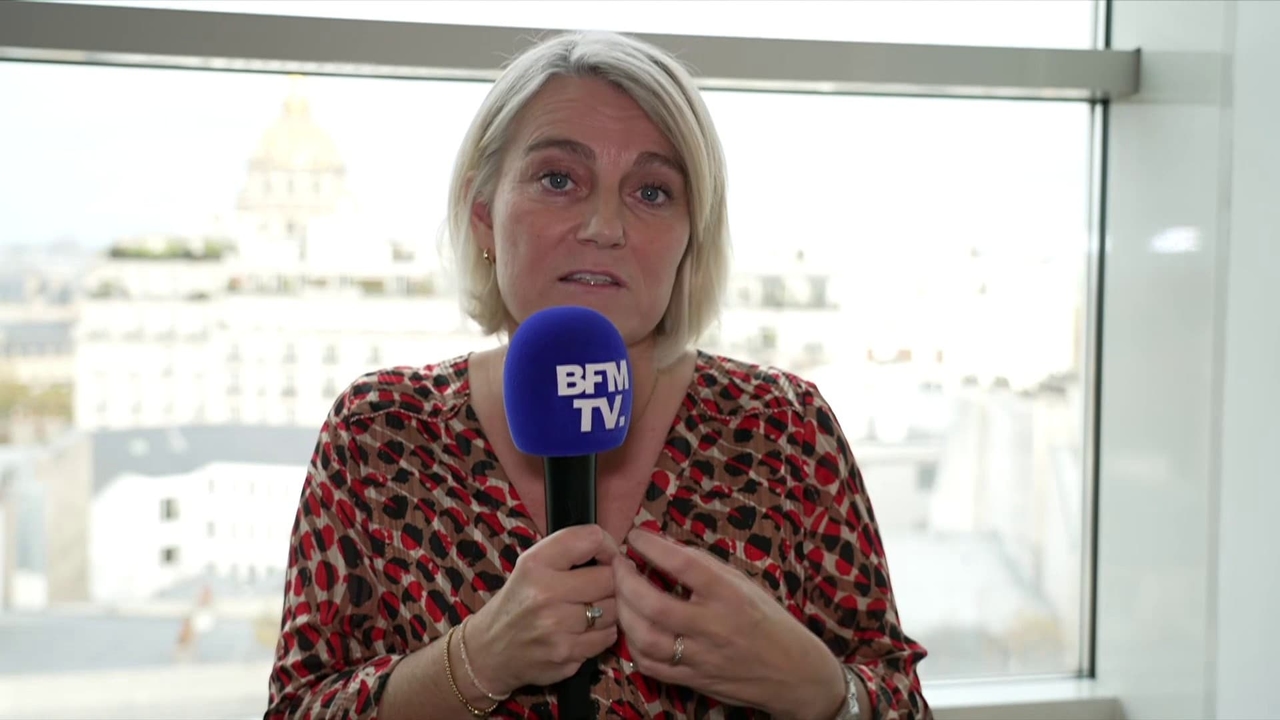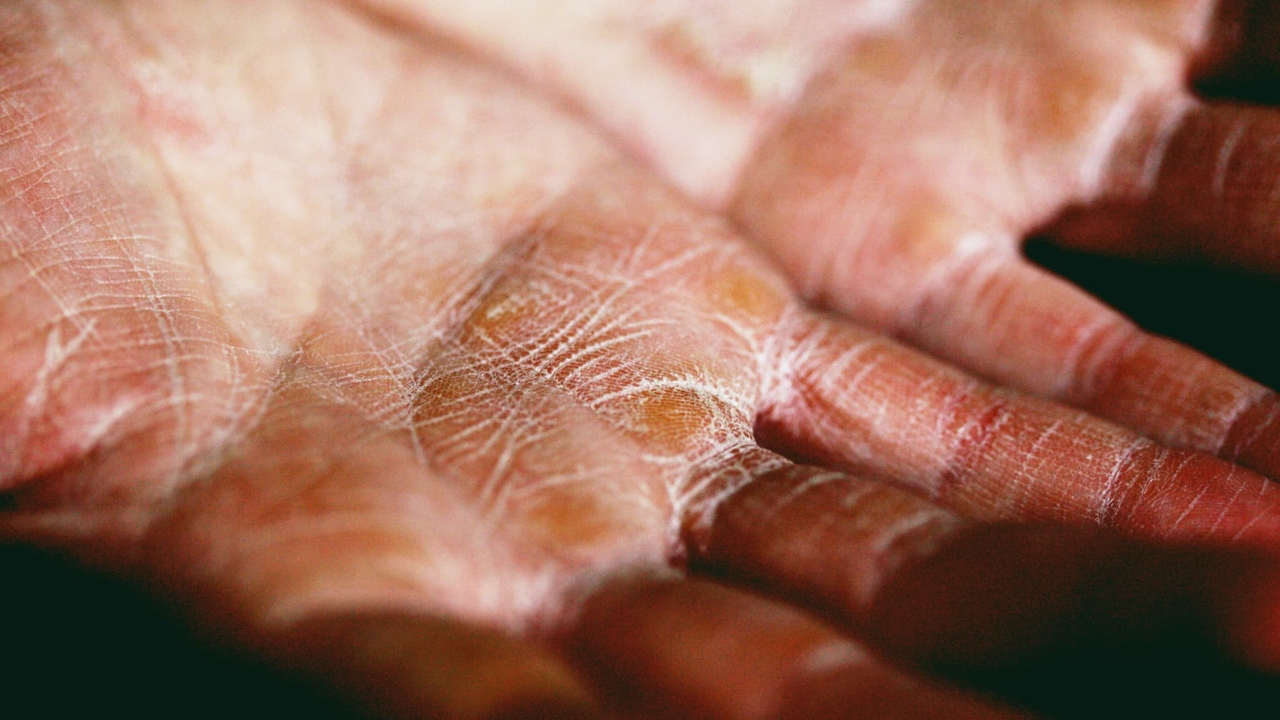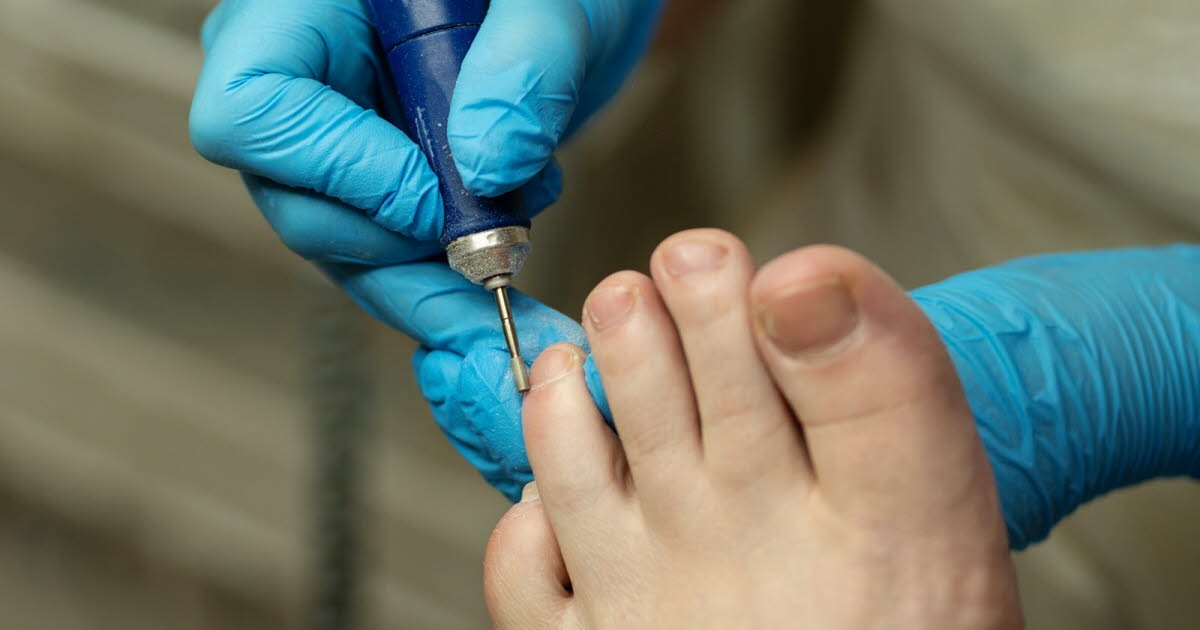No more interns in the emergency department of the Caen University Hospital: the Minister of Health announces that she has "mobilized the Health Reserve"

Health Minister Stéphanie Rist announced on BFMTV this Monday, November 3, that in response to a shortage of doctors at the Caen University Hospital, the Health Reserve will be deployed. The National Union of Interns (ISNI) had announced on Sunday that the emergency department at the Caen University Hospital would no longer be able to admit interns starting Monday , due to a lack of doctors to supervise them.
"I have mobilized the Health Reserve so that additional doctors can arrive," Stéphanie Rist told BFMTV. "There is no question of leaving students in a situation where safety is not adequate," she added.
According to Public Health France , the Health Reserve is a system of volunteer health professionals who can be mobilized by the State at very short notice for exceptional situations.
"This emergency service will operate for the next six months, without students, without interns, but will be able to accommodate patients," the minister assures.
The president of the ISNI, Mélanie Debarreix, pointed out on Sunday that "there were not enough experienced doctors to allow for satisfactory supervision of interns" in the emergency department of the Caen University Hospital.
The supervision conditions for interns "were not satisfactory; there were complaints, and some were experiencing emotional overload." "There should be six doctors in the department, but there were only three. This had repercussions on the interns' health," Mélanie Debarreix told AFP.
"This is a very rare situation, but the most important thing is that all of this is done without impacting their training," continued Mélanie Debarreix, regretting that "interns are the adjustment variables and an easy workforce."
Faced with this situation, a collective decision was made to transfer 20 emergency room residents to other departments within the university hospital. "We were lucky in Caen, because the Regional Health Agency, the dean of the medical school, and the university hospital were really on our side. It was a decision made with the university hospital, not against it," says Mélanie Debarreix.
Contacted by BFMTV, the management of the Caen University Hospital believes that the interns were "right" to express "their unease." They maintain that the decision not to accept trainees follows "a shared observation" with the dean of the Faculty of Health Sciences.
"A new educational project is already being prepared, under the guidance of the university head of the department. The objective is to reopen the internships in 2026, in better conditions, with enhanced supervision and a quality of training that meets expectations," says the management of the University Hospital.
However, these shortcomings are not unique to the Caen hospital , lamented Mélanie Debarreix. "It's the same everywhere in France: residents are afraid to speak out, for fear of repercussions," she stated, recalling the ISNI's role in raising the alarm. In Caen, "we were fortunate to have the Regional Health Agency (ARS) and the University Hospital (CHU) behind us to respond to this emergency. It was better to make this decision than to have resident burnouts as a consequence."
BFM TV




